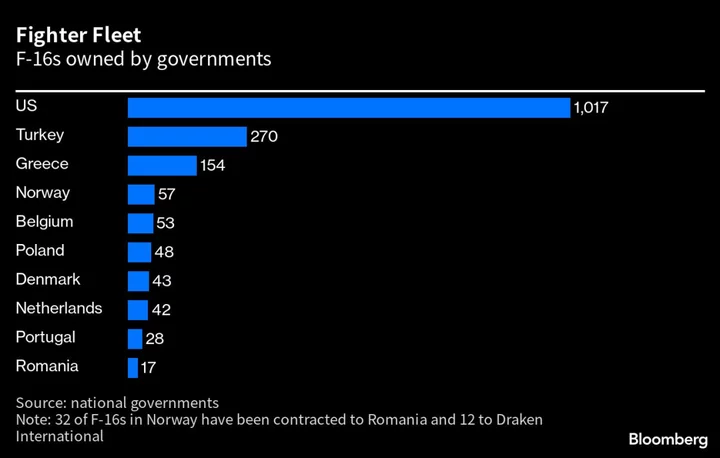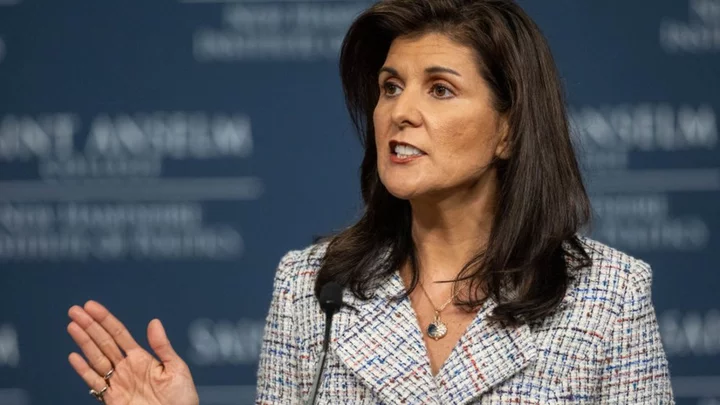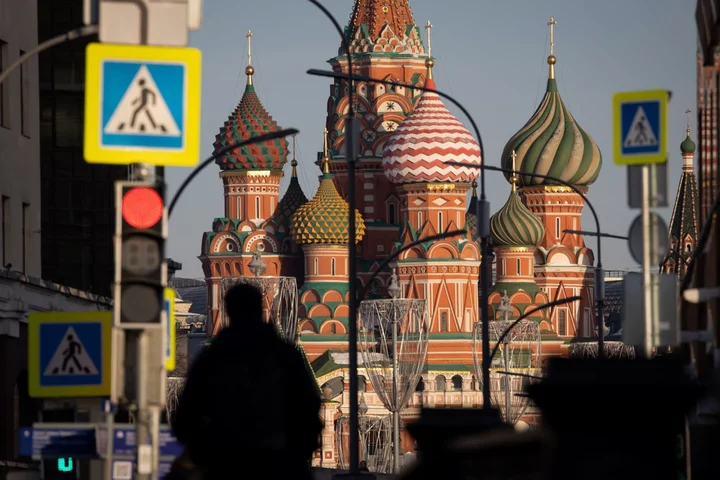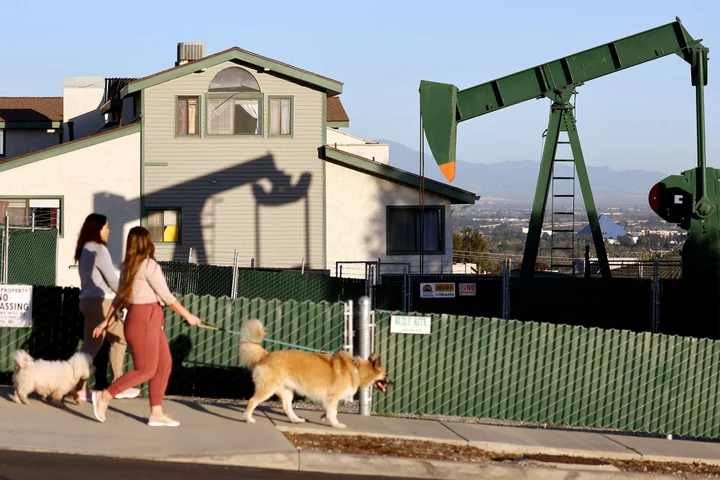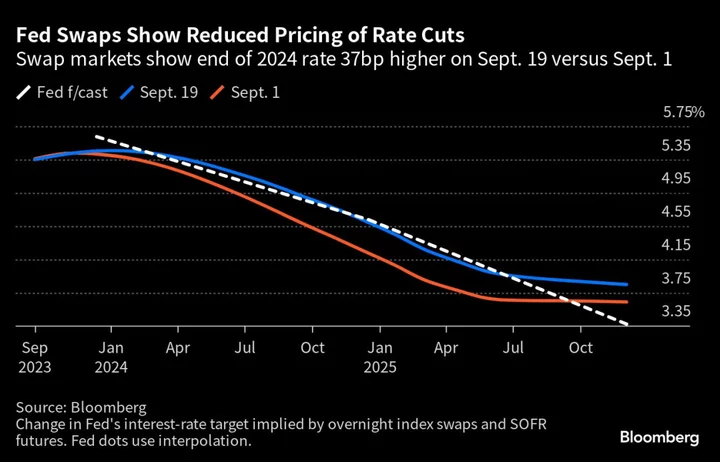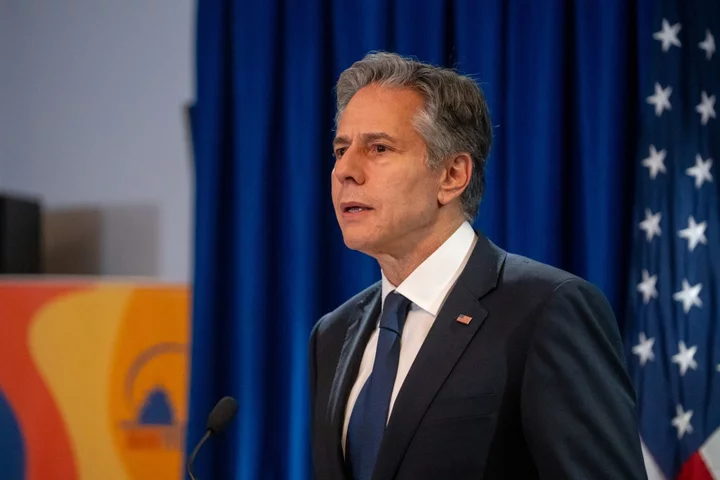German Chancellor Olaf Scholz promised that his government will forge ahead with investments needed to modernize the economy and maintain international competitiveness even after this month’s court ruling upended its budget planning.
The Constitutional Court judgment means Scholz’s ruling alliance has to move tens of billions of euros in special funds into the regular federal budget. That will drastically limit its room for maneuver and potentially threatens projects ranging from greening manufacturing to building out solar energy and expanding battery and semiconductor production.
In a statement to the lower house of parliament in Berlin on Tuesday, Scholz said it would be “a serious, unforgivable mistake to neglect the modernization of our country” given challenges that Germany faces, including dealing with the fallout from Russia’s war on Ukraine and tackling climate change.
“Only if Germany modernizes itself will we be in a position to react powerfully to unforeseen crises in the future,” Scholz said, amid sustained heckling from opposition lawmakers. “We must now ensure that we manage the transformation of our economy in Germany and remain competitive as a strong industrialized country.”
As a consequence of the Nov. 15 court ruling, Scholz’s ruling coalition of his Social Democrats, the Greens and the Free Democrats on Monday approved a supplementary 2023 budget that includes the suspension of rules limiting net new borrowing for a fourth consecutive year.
The government will have to account for more off-budget new borrowing in next year’s finance plan and Scholz said that consultations on the 2024 finance plan have not yet been completed, cautioning that “care takes precedence over speed.”
He didn’t specify whether the ruling coalition plans to suspend the so-called debt brake again next year.
“One thing is clear: this ruling creates a new reality — for the federal government and for all current and future governments, at both federal and state level,” he told lawmakers. “A reality, however, that makes it more difficult to achieve important and widely shared goals for our country.”
He said that the government is working with Bundestag “intensively to make all the decisions necessary for the 2024 budget as quickly as possible” because citizens and companies “need clarity in turbulent times.”
Germany must continue initiatives in areas like modern and digital infrastructure, clean energy supply and climate-friendly technologies if it wants to keep pace with rivals like the US, France, China and Japan, which are “investing massively in the future,” Scholz said.
“We are in the midst of the dawn of a new era — comparable in scale only to the dawn of the industrial age in the 19th century,” he added.
“Now, in the very next few years, it will be decided where value creation will take place in the future, where innovation and prosperity will be at home in a climate-neutral world. I want Germany to be at the forefront.”


